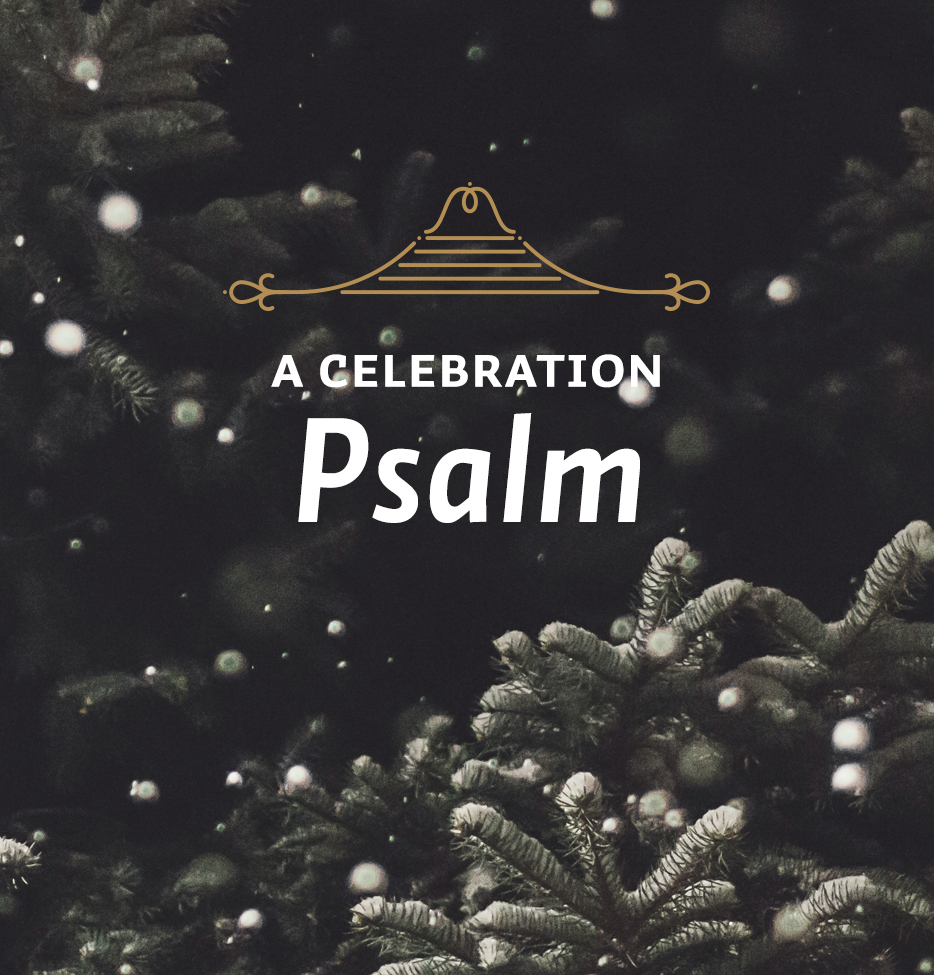The final stanza of Psalm 98 calls on the entire creation to praise God. In the first stanza the appeal was to Israel. In the second stanza the Gentiles were called to join in. In this last stanza the psalmist calls on what we would call the cosmos. And the reason is that God is coming to “judge the world in righteousness and the peoples with equity” (v. 9). In other words, the psalm ends by looking ahead to that future day when the ills of this suffering world will be set right. We know this as the day of the return of Jesus Christ.
This joyful future liberation of the cosmos to join in praise to God is explained by Paul in Romans 8. “The creation waits in eager expectation for the sons of God to be revealed. For the creation was subjected to frustration, not by its own choice, but by the will of the one who subjected it, in hope that the creation itself will be liberated from its bondage to decay and brought into the glorious freedom of the children of God” (vv. 19-21). In these verses Paul is personifying nature. He does not mean that nature actually has feelings like ours, only that nature is not yet all that God has destined it to be and is in a sense waiting for its fulfillment. It is what the psalmist is suggesting too.
This understanding of nature is radically different from the world’s. The world makes either one of two errors where nature is concerned. Either it deifies nature, virtually worshiping it, which is why some people think it is worse to harm the environment for spotted owls than to abort babies. Or it abuses nature, destroying it merely for man’s own selfish advantage.
Many of us can recall that powerful television image of Carl Sagan on the Cosmos series standing before a large screen on which there was a display of the night sky in all its starry splendor and saying in nearly mystical tones, “The cosmos is all that is or that ever was or that ever will be.” Sagan is the image of unbelieving man, standing on the very tips of his toes, peering into the distant heavens as far as his telescopes will allow, and declaring with blind arrogance, “The world is all that is.”
Paul gives a very different picture. He also sees something staring off into the distance. But it is not man staring off toward the limits of the cosmos. It is creation itself, and what creation is looking for is the “glorious freedom of the children of God” which it will share. Nature wants to praise God, and will, according to Paul’s teaching and this psalm.






